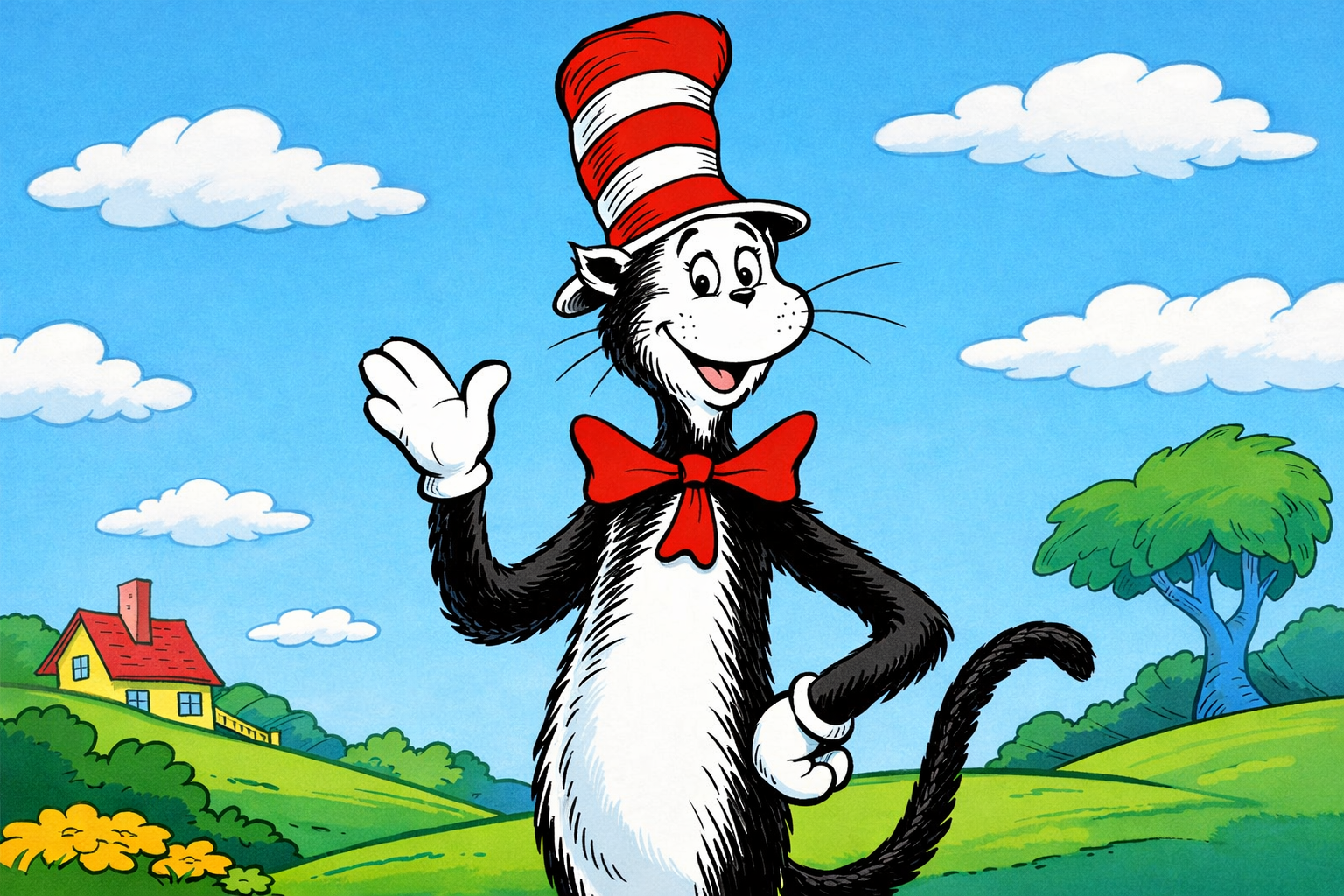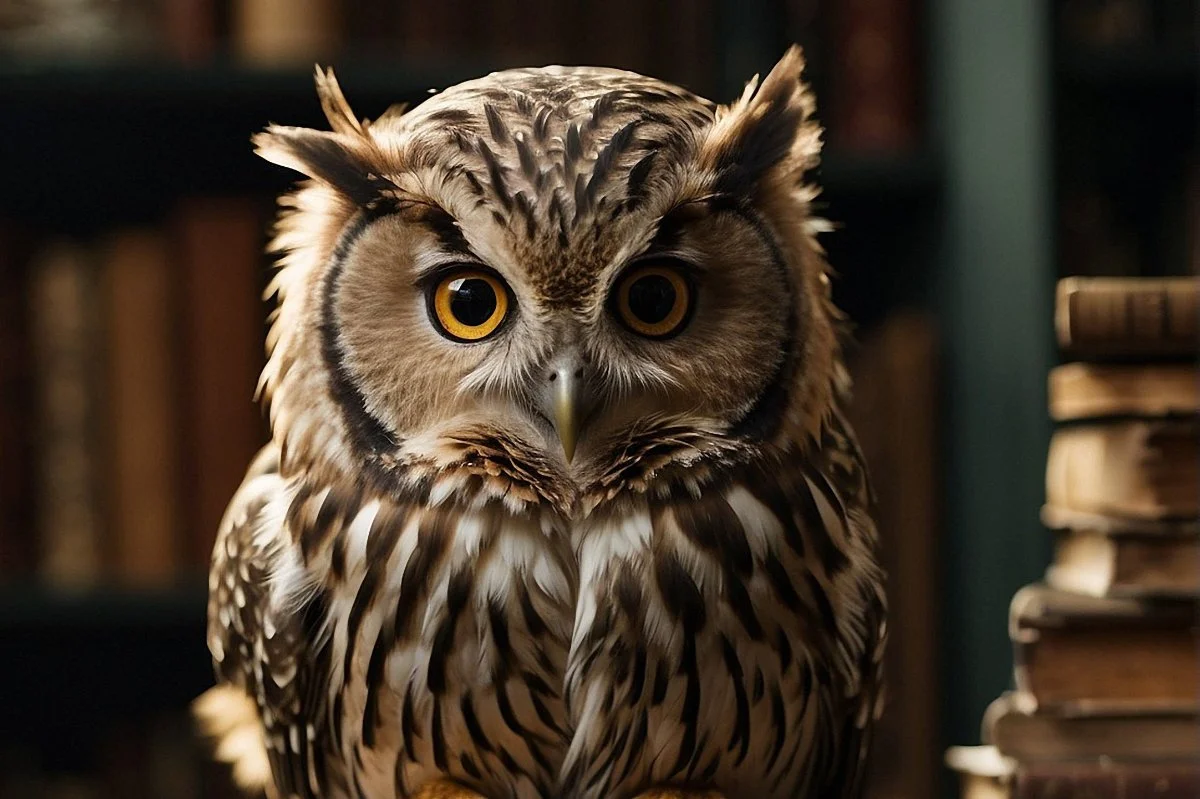
My aim is to inspire people around the world one blog post at a time.
This is the place to nourish your mind, heart, body and soul.
-
It all begins with an idea. Maybe you want to launch your own business. Maybe you want to escape the rat race and find peace in simple living. Maybe you want to improve your health. Whatever your dream is, it is valid!
-
Dreams without action are just dreams. But taking action doesn’t necessarily mean quitting your job and burning the ocean. Small steps matter. It is the ability to plug away consistently at something over time that is the key. Small steps add up. You’ll get there!
-
If you keep building slowly and consistently with passion each day, adding value that matters to you, then the growth will take care of itself. The keys to achieving success are patience and avoiding complacency.

A Slayer of Bullshit
If you have ever picked up Vaclav Smil’s 2021 book, Numbers Don’t Lie, you probably did it for the same reason most of us reach for a data-driven book right now: you are tired of the noise.
Not the ordinary kind of noise, like a busy inbox or a loud street. I mean narrative noise. The kind that convinces you the world is collapsing, or magically improving, depending on who is speaking.
The kind that turns every complex issue into one with a simple villain and a simple solution. The kind that makes people certain what the problem is, angry, and ready to share a post before they have even asked, “Certain about what, exactly?”
Smil’s central promise is refreshingly unromantic: numbers, handled honestly, can pull you back to reality. Not because numbers are holy, but because they are stubborn. They refuse to care about your politics, your personal brand, or your favourite theory.

A Heart Like a Whorehouse
Many of us like to think of ourselves as caring people. We listen, we support, and we do our best to be there when others need us.
Caring is, after all, one of the most beautiful qualities of being human.
But sometimes our capacity to care gets stretched to the point where it feels less like a gift and more like a curse. It can feel as though our heart has become a whorehouse; open all hours, anyone welcome, nobody ever turned away.
The result?
Exhaustion, resentment, and an emotional emptiness that no amount of good intentions can fill.

18 Irrefutable Laws of Human Nature
We like to think of ourselves as reasonable people.
We picture the mind as a calm pilot guiding the aircraft of our lives. Yet many days feel like flying through turbulence.
A careless comment stings. A compliment lifts us higher than it should. We react, justify, defend, repeat.
Robert Greene’s work reminds us of an uncomfortable truth. Human nature runs the show far more than we admit.
When you stop pretending you are above human nature, you gain the power to work with it.
So let us walk through the core ideas, beginning with two foundations: irrationality and narcissism, then widening the lens to the broader set of laws that quietly shape every workplace, family, and relationship.

The Timeless Wisdom of Dr Seuss
Theodor Seuss Geisel was an American children's author, illustrator, animator, and cartoonist who wrote and illustrated more than 60 books under the pen name Dr Seuss.
Some of you may have read one or more of the 600 million copies sold (translated into more than 20 languages).
As a beloved children’s author, he is celebrated for his whimsical rhymes and colourful characters but his words offer profound wisdom, delivered in a light-hearted manner, for those with a willing ear.
Quotes like “Today you are You, that is truer than true. There is no one alive who is Youer than You.” still bring a smile to my face.
As 2025 is closing and we look forward to a challenging and prosperous 2026, let’s explore some of Dr Seuss’s most insightful quotes, reflecting on their meanings and relevance to adulthood.

Surrounded By Idiots
Most of us walk through life assuming that people make choices rationally.
After all, isn’t that what separates humans from other animals? We weigh costs against benefits, plan for the future, and act in our best interest.
At least, that’s the theory.
In practice, humans are anything but perfectly rational. We procrastinate, give in to cravings, act on impulse, and care about things that don’t fit neatly into spreadsheets.
Much of the world (our institutions, workplaces, and even public policies) has been designed as if people are robots. But we are not.
We’re all human, and being human means making mistakes.
The good news is that behavioural economics and behavioural science can help us better understand ourselves and others.

Simple Life Lessons
Sometimes life has a way of teaching us important lessons through various trials and tribulations.
And sometimes, those trials and tribulations can feel like a hard slap in the face, a wake-up call urging us to refocus and recalibrate.
The wisdom shared in this list of 25 life lessons provides just that; a wake-up call to help you navigate life with more purpose and insight.
They are not born from deep research into the psychology of human behaviour. Just simple truths tried and tested over time.
Let’s dive into each of these and explore why they matter.

The Math of Life and Death
When you think of mathematics, what often springs to mind is geometry class, algebra with variables, or maybe the frustration of a long exam.
Rarely do we equate math with matters of life and death. But that’s where Kit Yates takes us in his book “The Math of Life and Death”.
He argues that the hidden mathematics behind everyday decisions, from health care to legal cases to financial planning, can truly determine how we live and how we die.
Yates demonstrates through real-world stories that what may appear as cold numbers often have human consequences.
He says the design of the title is deliberately strong, stating, “Yes, sometimes maths can be a matter of life and death.”
When you see a newspaper headline about a “20 % increase in risk,” or you hear the phrase “your chance of X has doubled,” you shouldn’t just shrug and carry on.
These numbers matter, and misunderstanding them can cost lives.

The Future of Jobs
Imagine the world in 2030 and beyond, and you will realise that many careers which feel secure today will either be transformed or pushed aside by then.
New ones, some we cannot yet name, will emerge to take their place.
In this shifting landscape, the question therefore is not just “Which jobs will survive?” but “What kind of work, skills, and mindsets will thrive?”
This article draws on the World Economic Forum (WEF) Future of Jobs Report 2025 and related research to explore how the labour market is evolving, how fast change is likely to come, and what young people, current managers, and businesses must do to stay ahead.

The New Gold
Walk into any boardroom in 2025 and you will hear three familiar words pop up again and again: data, energy and water.
These three simple words are likely the new gold of the 21st century because they share four features with historical gold rushes:
1. They are scarce in the places that need them most.
2. They are unevenly distributed.
3. They carry outsized geopolitical leverage, and
4. They can compound value across the rest of the economy.
So, suppose you are planning a strategy for a country, a company, or your own career. In that case, it is essential to understand why these resources have moved to the centre of power, who stands to win, who may lose, how quickly the shift is unfolding, and where the proverbial new seams will be found.

Selling Sickness
A key question that I often ponder on is “Are pharmaceutical companies really incentivised to make people well”?
As the cost of medicines and other medical treatments seems to be on an accelerated upward trajectory here in South Africa, where I live, it’s a timely question.
The popular narratives seem to paint big drug firms as either heroic lifesavers or rapacious profit-seekers. I suspect that the truth is more complex and that there are elements of both.
This article aims to demonstrate that, in certain instances, the alignment between business incentives and genuine health outcomes is robust. In many other cases, it is weak or even inverted.

The Next Decade
Humans are naturally curious about the future. To varying degrees, most of us would like to know what the future holds, particularly during times of perceived uncertainty or instability.
However, as author Nassim Taleb notes, traditional prediction methods are dangerous, especially for "Black Swan" events. He argues that they create a false sense of security and lead to fragility by encouraging over-reliance on flawed models like Gaussian distributions.
Instead of precise forecasts, he advocates for preparedness, robustness, and antifragility, focusing on the potential consequences of events rather than their probabilities to build systems that can withstand and even thrive on uncertainty.
So, how do we sensibly gauge what the next decade may have in store for us?

Oxygen
If you’re a leader, understand this: Recognition isn’t a perk. It’s oxygen. Without it, people suffocate.
If you have seen a capable person slowly disengage at work, you may know how quietly suffocation happens. They start showing up a little later, speaking less, and volunteering less often. It's nothing dramatic; just the creeping absence of air.
The uncomfortable truth for leaders is that recognition is not a perk for good times; it is the oxygen people breathe at work. When it is present, you barely notice it. When it is absent, everything begins to fail.
This article unpacks why recognition matters, how to do it well, what to avoid, and which real-world examples show the idea in action.

Our Tendency to Misjudge
Humans pride themselves on being rational creatures, capable of weighing evidence and making sound decisions. Yet, as history and experience keep reminding us, we are prone to repeated errors of judgment.
No one explained this better than Charlie Munger, vice-chairman of Berkshire Hathaway and long-time business partner of Warren Buffett.
Munger argued that most mistakes in judgment come not from ignorance of facts but from psychological tendencies that subtly distort how we interpret the world.
He identified 25 psychological biases and tendencies, compiled in his book "Poor Charlie's Almanack," to understand and avoid common patterns of human misjudgment.
In his famous talk, “The Psychology of Human Misjudgment”, he explains several of these “misjudgments.”
By understanding them, we can become more aware of our blind spots, improve our decisions, and avoid traps that have cost individuals and organisations dearly.

When Giants Stumble
Have you ever wondered why even seemingly invincible brands sometimes stumble and fail?
This article will examine key reasons, including ten case studies, to crystallise the lessons.
The thread that runs through all of them is not a single villain like “technology” or “the economy,” but a cluster of reinforcing mistakes: strategic inertia, business-model lock-in, heavy debt, warped incentives, a culture that slows honest learning, and late or timid responses to platform shifts.
When those errors compound, even icons fall.

This Is Me (Pty) Ltd
There is a simple equation for individual success. Build something genuinely good, then make sure the right people know it exists.
For professionals, the “product” is their capability and character. The “marketing” is their personal brand, the way others understand what they do, the results they deliver, and the values they stand for.
Tom Peters captured this many years ago with a rallying cry that still rings true: “You are the chief marketer for the brand called You”.
A strong personal brand is not a vanity project. It is a practical system for earning trust, creating opportunity, and compounding the value of your work over time.

You’re Not Just Light … You’re Shadows Too
At some point in our lives, we’ve all been told to “focus on the positive,” “be the light,” or “choose kindness.”
And while those sentiments carry value, they can sometimes paint an incomplete picture of what it means to be fully human.
The truth is, you are not just light. You are shadows, too.
Embracing both sides, the light and the dark, is necessary for self-understanding and authentic connection with others.
So, let’s explore some practical examples, dig deeper into this idea, and use the lens of personality (in this case, the somewhat simplistic but well-known Myers-Briggs Type Indicator (MBTI)) to appreciate the full spectrum of who we are as humans.

The Subtle Art of Quiet Quitting
In today’s workplace, you may have heard the buzzword “Quiet Quitting.”
It’s been circulating in conversations about work culture, employee satisfaction, and mental health, but what does it mean?
“Quiet Quitting” isn’t about physically quitting your job; it’s about mentally and emotionally disengaging from it while still being present.
It’s a subtle form of protest where employees, feeling undervalued, overwhelmed, or unmotivated, decide to do the bare minimum required to stay employed.
This phenomenon raises an important question: Why are so many employees adopting this mindset? Is it a reflection of laziness, a cry for help, or an indictment of today’s work culture?

Twenty Brutal Truths
Tough love is one of life’s paradoxes. It’s often hard to hear but even harder to ignore when you realise it’s what you need to grow.
Sometimes, the truth hurts, but it can cut through the fog of self-deception and push us toward change.
In this article, we’ll explore 20 brutally honest quotes that embody the spirit of tough love.
Each is followed by a practical explanation and, where possible, an example.

From Apprentice To Master
If you’re in the early stretch of your career, the path ahead can feel like a foggy highway at night.
Robert Greene’s book Mastery offers a clear map of how people actually become world-class at something: pick the right game, apprentice with intent, stack experiences, and then create original work that looks obvious only in hindsight.
Greene defines mastery as the point where knowledge, skill, and intuition fuse.
At this stage, you do not just execute; you see patterns that others miss and respond almost automatically with sound judgment.
This article will take a practical, conversational walkthrough of that path, tailored to the realities of a first or second job.

Protect Your Peace
If you’ve ever snapped at a stranger in traffic, hit “send” on an email you later regretted, or lain awake replaying a heated exchange, you’ve felt the cost of unprotected peace.
“Protecting your Peace” is essential and requires a practical strategy for staying clear-headed, healthy, and effective in a noisy world where anger and anxiety are always looking for a foothold.
In this article, we’ll examine what protecting your peace means, how emotions like anger shape your brain and body, and what to do when your peace is on the line.
